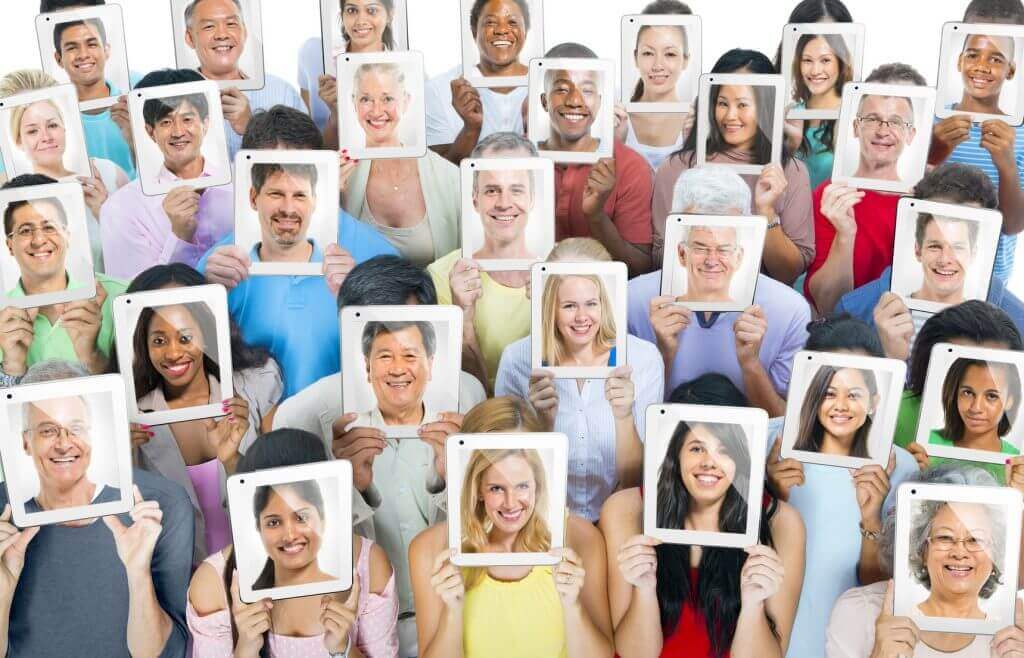
In today’s competitive hospitality landscape, hotels must go beyond offering a comfortable stay by creating personalized guest experiences that resonate with each traveler.
NB: This is an article from TrustYou
Subscribe to our weekly newsletter and stay up to date
Personalization in hospitality has evolved beyond just recognizing a guest’s name — it’s about tailoring services, amenities, and communications to meet individual preferences. This blog explores the immense value of personalization for hotels and how it can elevate the guest experience while driving profitability and loyalty.
What is Personalization in Hospitality?
Personalization in hospitality refers to the process of customizing a guest’s experience based on their preferences, behavior, and interactions with the hotel. Personalization creates a unique connection between the hotel and its guests, whether offering a favorite pillow type, recommending activities based on previous stays, or adjusting the room temperature to the guest’s liking.
Today’s travelers are not just looking for a place to sleep; they are seeking experiences catering to their needs. Hotels that successfully implement hospitality personalization can significantly enhance guest satisfaction, improve loyalty, and differentiate themselves in a crowded marketplace.
The Role of Data in Personalization
Data-driven personalization is at the heart of creating tailored experiences for guests. By leveraging technology such as Property Management Systems (PMS), Customer Data Platforms (CDP), and Customer Relationship Management (CRM) software, hotels can collect and analyze data related to guest preferences, booking behaviors, and even feedback. This data forms the foundation for offering personalized services at scale.
For example, knowing that a guest prefers a quiet room on a high floor or that they frequently order room service allows the hotel to cater to those specific preferences before the guest even arrives. Personalization in hospitality is not just about offering generic rewards but about making each guest feel valued and understood.
Personalization as a Revenue Driver
Personalization in hospitality doesn’t just enhance the guest experience—it directly impacts the hotel’s bottom line. Here’s how:
- Increased Revenue per Guest: When hotels offer personalized services, they can often upsell or cross-sell additional services at premium rates. For instance, guests might be willing to pay extra for personalized spa treatments or exclusive access to amenities tailored to their preferences.
- Improved Occupancy Rates: Offering customized packages or promotions based on booking behaviors can boost occupancy rates, especially during off-peak seasons. Hotels can create micro-segments within their customer base to target specific groups, such as business travelers or families, with offers that cater to them specifically.
- Direct Bookings and Reduced Distribution Costs: Personalized marketing campaigns aimed at past guests or loyalty program members can drive direct bookings, reducing dependency on third-party booking platforms. This not only saves on commission fees but also allows hotels to build deeper relationships with their guests.




